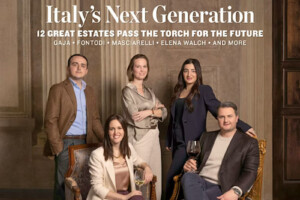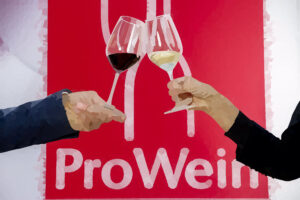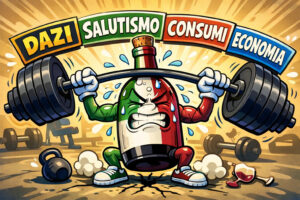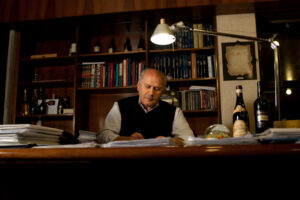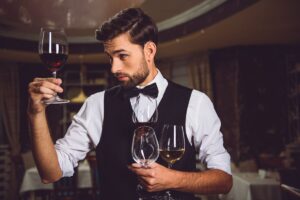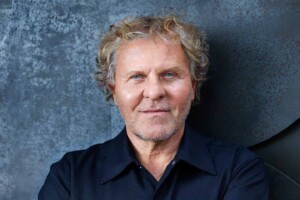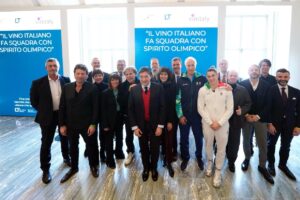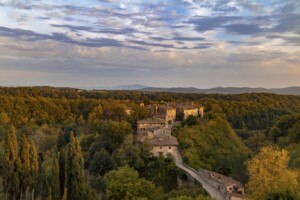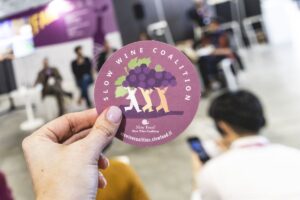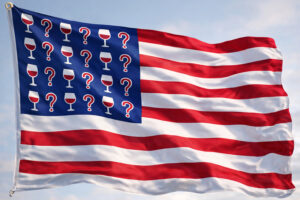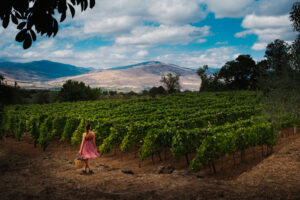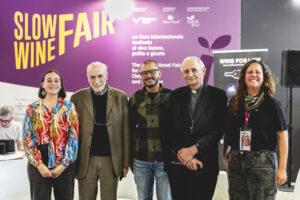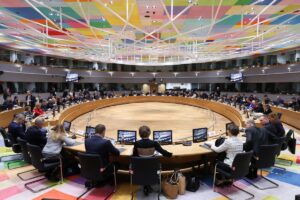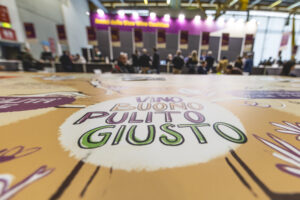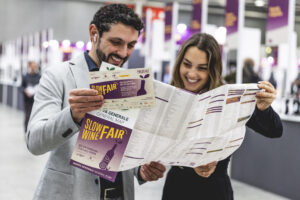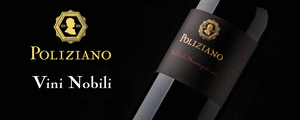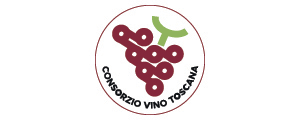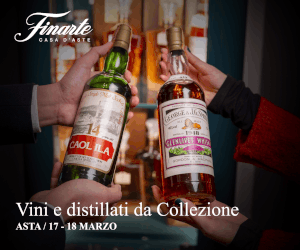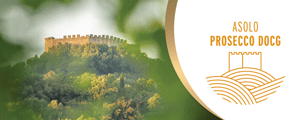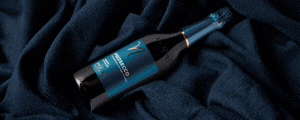“We have to get past the concept that to enjoy wine the consumer has to study or learn about it first, because it is a risk that can easily cut out a big chunk of potential consumers on emerging markets as well as on the traditional ones, who would like to simply drink wine, but could be “frightened away” by a pedantic approach. It’s better to educate the trade to communicate more clearly and help spread the knowledge of wine in a more carefree and joyful way and especially to be on the same wave length with young peoples’ desires, as they will be tomorrow’s consumers”. These are the words of Pancho Campo, the first Spanish Master of Wine and creator of WineFuture (www.winefuture.hk), in Hong Kong (November 6th-8th). The event brings together all the major wine writers, critics, and opinion leaders on the planet, Robert Parker, Jancis Robinson, Steven Spurrier and James Suckling, just to name a few, to understand the present and the near future challenges of the wine world. First of all, the sustainability of the wine industry, which perhaps is still not on the table as much as it should be.
“Starting with the weight of the bottles,” says Jancis Robinson, journalist and Master of Wine “there are major producers who have not yet had the courage to invest in alternative materials that exist and provide important quality results with less impact on the environment”. This subject has also affected the sensitivity of the great film director and producer Francis Ford Coppola: “from Rubicon 2009 onwards we will use lighter bottles and instead of a cellar that requires a lot of energy for refrigeration, we’re thinking of storing wine in a “grotto”, which is more energy saving”. Climate change is a fact, which everyone, sooner or later, will have to face.
“The issue is not necessarily global warming,” Pancho Campo adds, “but uncertain climate. This is a time of great change- economic, social and also man’s relationship with the environment. We must be fully aware that the damage we are doing is irreversible and irreparable. The wine industry has a great appeal, and if it changes, it can promote even bigger changes. I believe Miguel Torres is a visionary. He told me: Over the last several years I have invested 10 million dollars to improve the environmental impact of my cellar and I know I’ll never have an adequate financial return. But I had to do it, we must all do it. For ourselves and for our children”. These observations reflect a market whose growth is both fascinating and frightening at the same time, also for “Fine Wines”, the great investment wines and protagonists of auctions of which Hong Kong is now considered the world capital.
The Asian hub pushed up prices at an impressive speed of the most prestigious wines for collectors and investors in China and Asia (James Miles, founder of Liv-Ex, 95% of these bottles come from Bordeaux and in 5 years, from 2005 to 2010, despite the crisis, their value increased by 220%, with an average value of $ 400 per bottle). “It is quite amazing and almost scary how Hong Kong is quickly becoming the most important market for Bordeaux wines. It has pushed prices up incredibly”, says Jancis Robinson. And with the economies of Europe and the U.S. in crisis, there is the “risk” that Asia will monopolize this particular market segment, which however, is not the wine world’s goal: “too many people who do not care anything about wine are investing in it like any other commodity. It is instead necessary to invest and to create the market that does not yet exist in this part of the world, namely that of the mid-range based mainly on the “Millennials”, young people”. That means looking at the “new media” such as Internet and its many forms (websites, blogs, social media and so on), that are now a reference point for young people to exchange experiences and that 64% of them choose as the first source of information about wine.
Copyright © 2000/2026
Contatti: info@winenews.it
Seguici anche su Twitter: @WineNewsIt
Seguici anche su Facebook: @winenewsit
Questo articolo è tratto dall'archivio di WineNews - Tutti i diritti riservati - Copyright © 2000/2026










